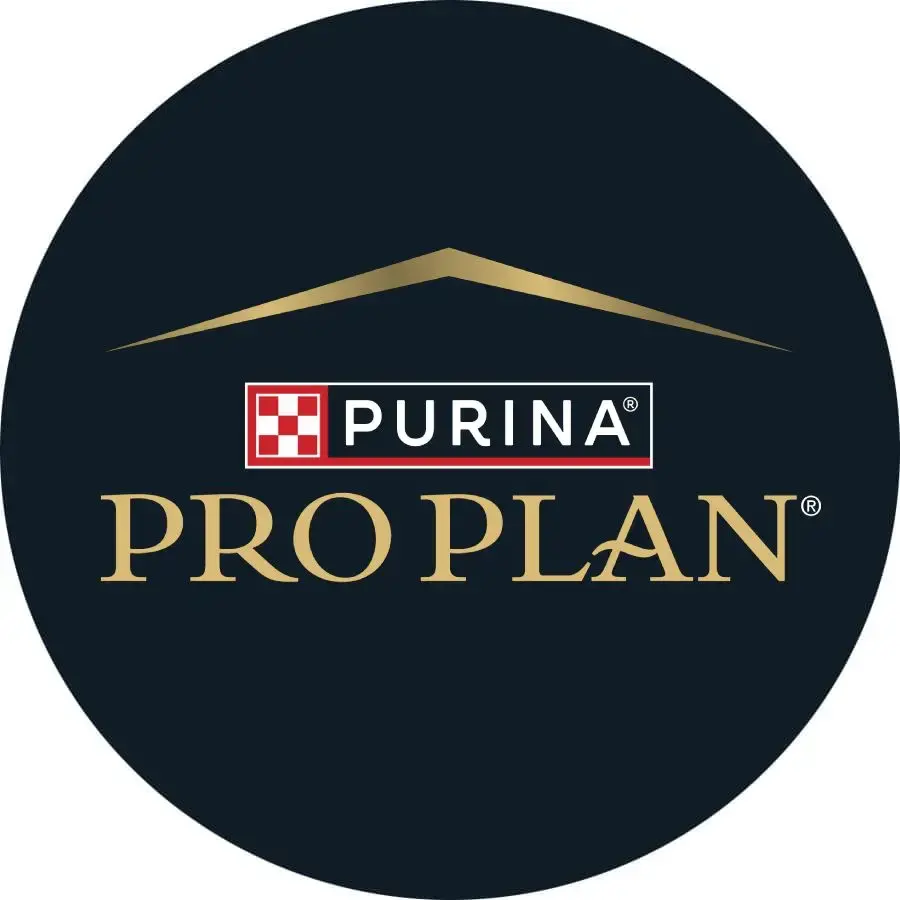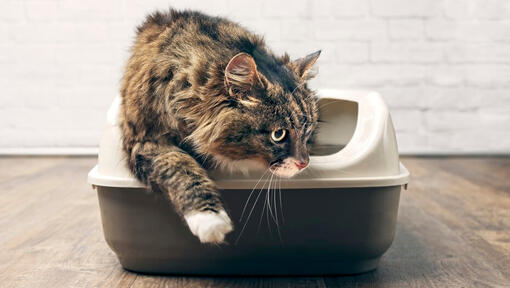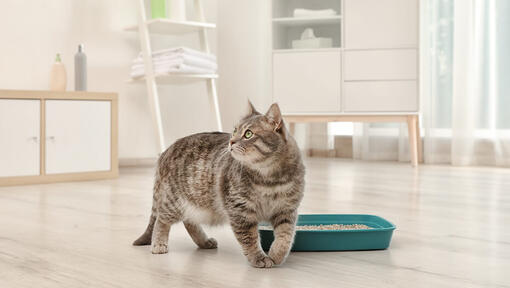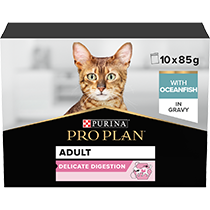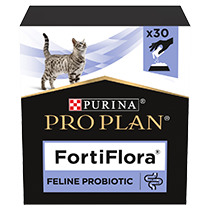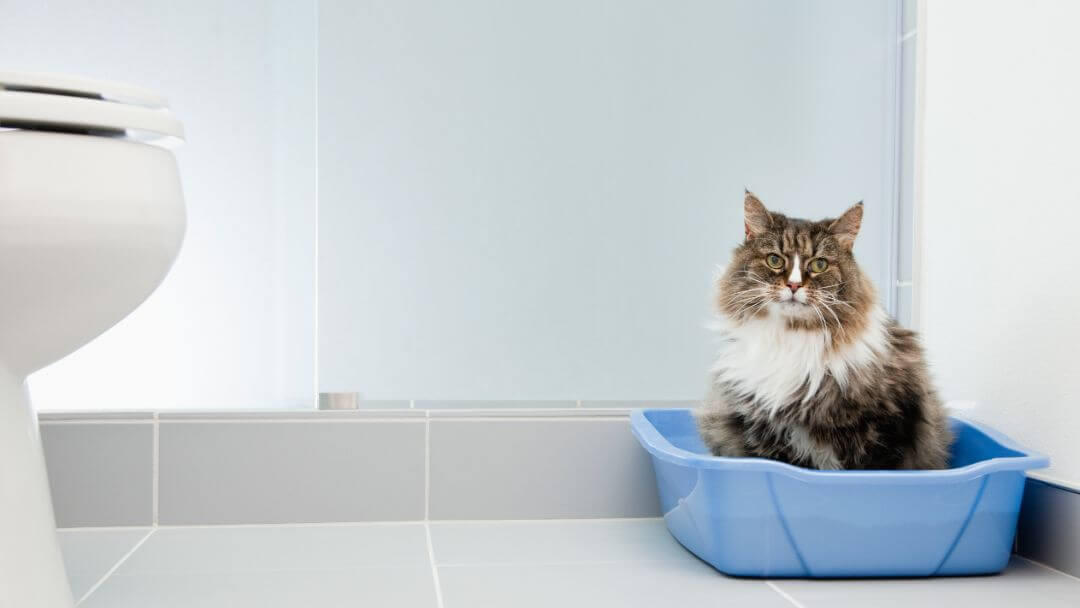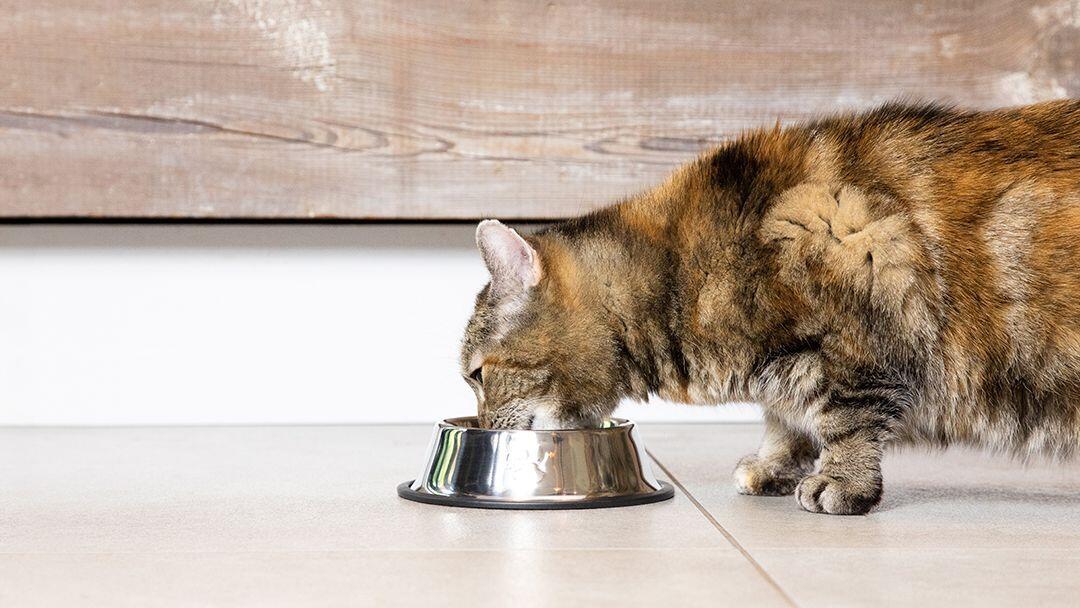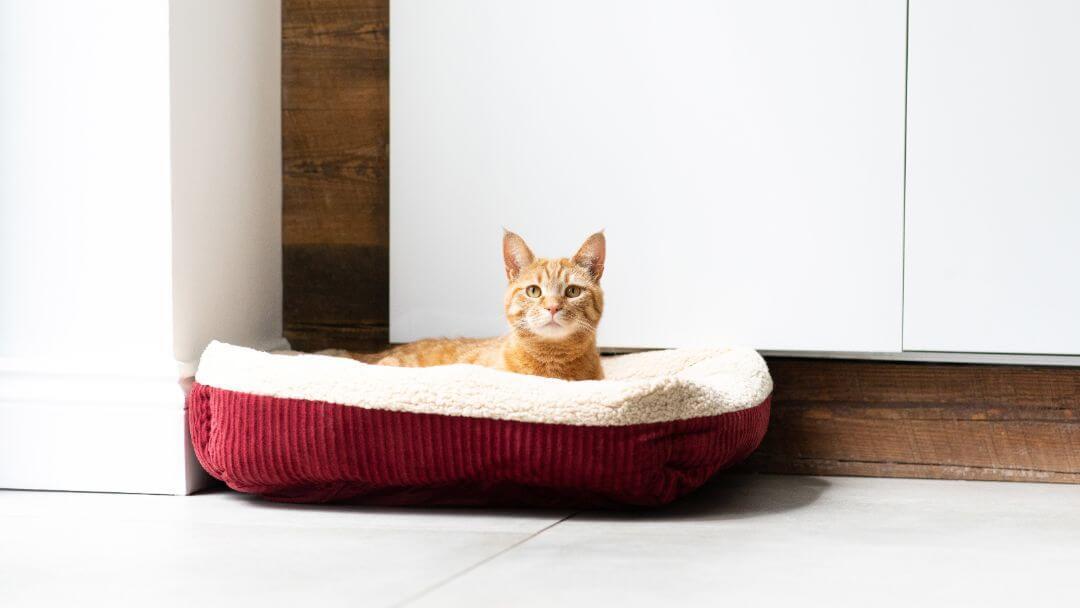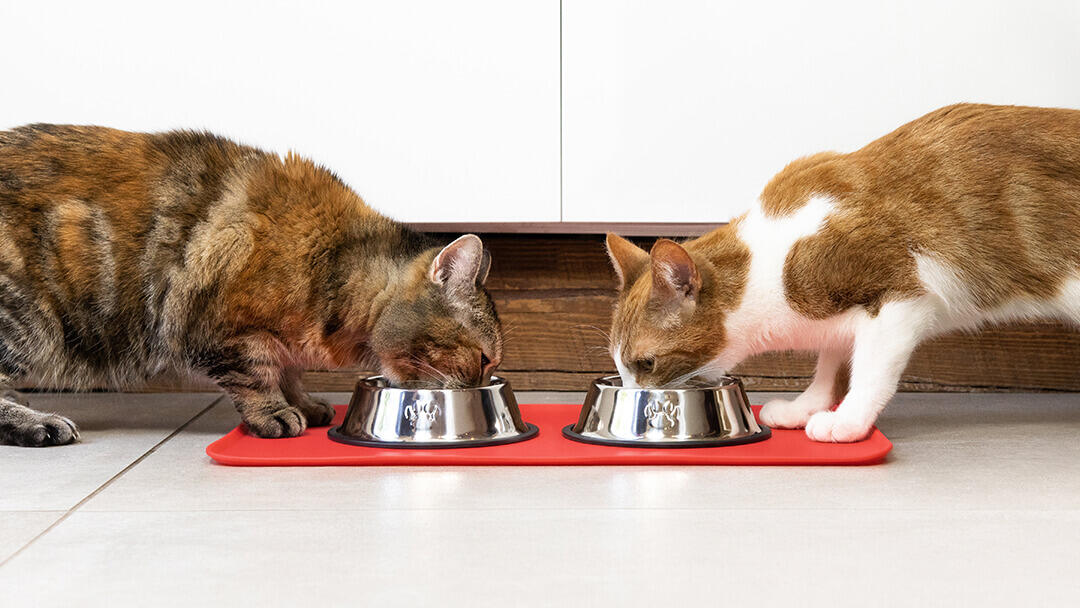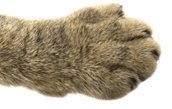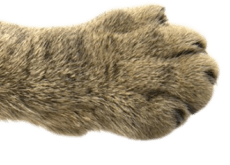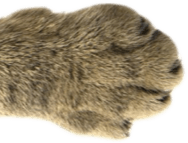

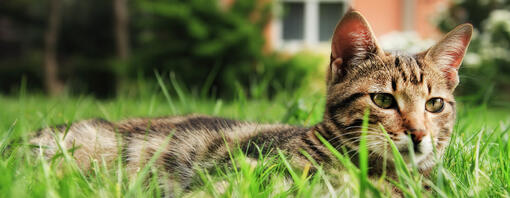
If you notice that your cat is going to the litter tray more often than usual, their stool is softer or more liquid, or it has an increased volume compared to normal, then they may have diarrhoea.
Diarrhoea in cats is an increase in the frequency, volume, or liquid content of faeces, leading to unformed or loose stools. The consistency of your cat’s diarrhoea can vary from soft but formed through to liquid/watery, and the colour can be darker or lighter than normal stools or even green, red or yellow.
If you think your cat has diarrhoea, it’s important not to panic. Most of the time the condition is temporary and not serious, and is usually solved quickly with a simple change of diet or appropriate medical treatment from your vet. The severity and the duration of diarrhoea episodes vary depending on the underlying cause.
Diarrhoea in cats is usually classified as either:
- Acute (sudden onset and short lived) or chronic (more than 2-3 weeks duration)
- Persistent (constant) or intermittent (i.e. comes and goes)
As you can imagine, the most serious of cases are chronic and persistent.
Causes of diarrhoea in cats
Diarrhoea in cats can occur for a wide variety of different reasons. Some possible causes include:
- An abrupt change of diet or the introduction of a new food without a gradual transition
- Change to the recipe of their existing diet
- A food allergy or an intolerance to a certain food ingredient
- Infectious agents (viruses or bacteria) or parasites such as worms.
- Inflammatory bowel disease – an inflammation of the intestines associated with chronic diarrhoea
- Tumours of the bowel or other organs
- A disease affecting other parts of the body (e.g. thyroid, liver or pancreas disease) which in turn affect the intestinal tract
Treating diarrhoea in cats
Often episodes of diarrhoea are not severe, have a short duration lasting only for few days and stop spontaneously. When diarrhoea in cats lasts for more than a couple of days you should:
1. Contact your vet for advice. To help your vet make a diagnosis, you should note and share the following information with your vet:
- Severity and frequency of the diarrhoea episodes
- Duration of your cat’s diarrhoea
- Presence or absence of weight loss
- Change in appetite
- Presence of blood or mucus in the stools
- Colour of the stools
- Consistency of the stools
- Volume of the stools
- Presence or absence of straining when stools are passed
- Any additional clinical signs (e.g. vomiting, hyperactivity)
- Frequency and type of worming treatment given to your cat
Your vet will advise if any tests are required to determine the cause of your cat’s diarrhea. Stool, blood and urine samples are often collected initially, and ultrasound, X-rays, endoscopy and biopsies may be required if the condition is more chronic.
2. Your vet may suggest ‘resting’ the gut by withholding food (but not water) for 24 hours then slowly reintroduce a highly digestible diet in small meals. A cat should not be deprived of food for more than 24 hours as this can be detrimental
3. Always make sure your cat has access to clean fresh water to help prevent any dehydration that can occur during bouts of diarrhoea.
Once the episode of diarrhoea has resolved, it will be very useful to keep an eye on the stool quality in the litter tray. This will allow you to detect early any change in quality, frequency or volume in the future.
Optimal diet for cats with diarrhoea
If your cat has frequent bouts of mild diarrhoea or enteritis they will benefit from a diet with the following attributes:
- High quality, highly digestible ingredients to reduce gut workload and help improve food tolerance.
- Restricted number of protein sources to reduce the risk of an allergic reaction or adverse gastrointestinal reaction.
- Prebiotics to help improve microbial balance and stimulate the growth of beneficial bacteria in the gut.
If your vet suspects a food allergy is the cause of your cat’s diarrhoea then they may recommend a hypoallergenic diet formulated with hydrolysed proteins. These are proteins which are broken down into very small pieces which are unable or highly unlikely to cause an allergic reaction.
Talk to your vet about which diet they recommend is best for your cat.
To help your cat stay as healthy as possible we recommend doing regular cat health checks to assess their body condition. Find out more in our article.
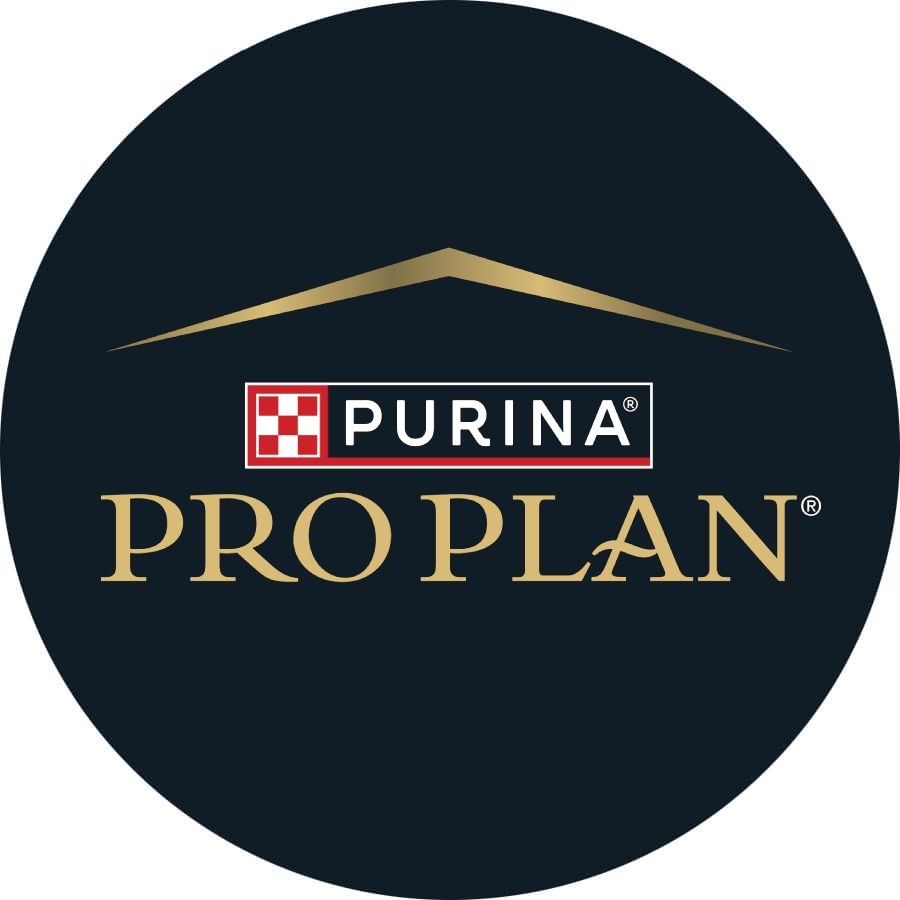
Shop cat food for sensitive digestion:
More articles by Pro Plan
